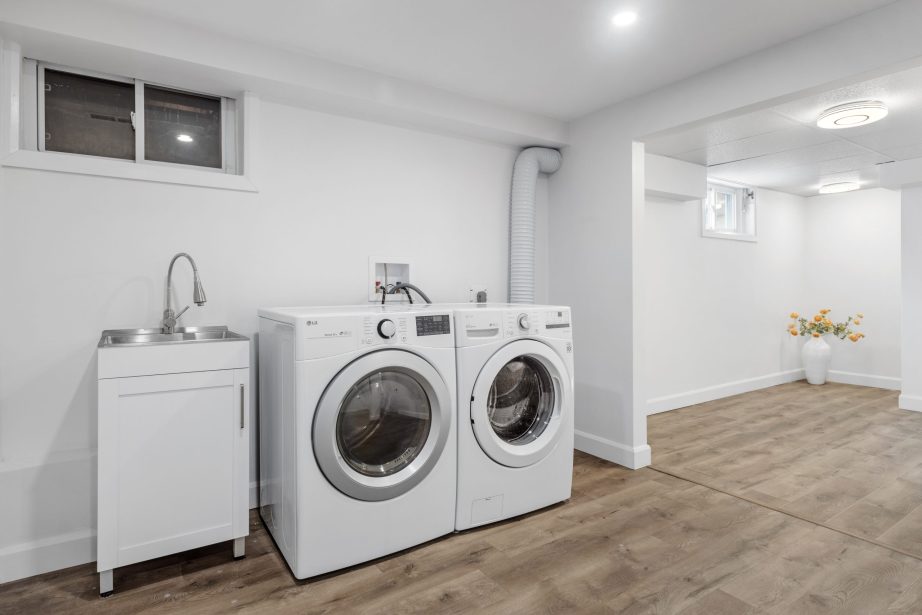Basements are becoming increasingly popular, and we are often asked ‘Can I have a basement under my home’. Whatever you want to use your basement for – storage, parking, or additional living space you want it to be dry. If you already have a basement and you are concerned there is a leak somewhere then this article will hopefully give you some guidance.
If you find water in your basement the first thing you must do is check that it is safe to be in there. It’s not just the walls or structural support to be concerned about it is the electrics. Turn off the power and wear wellies, or rubber-soled boots, to ground yourself so you reduce the risk of electrocution should loose wires become submerged.
Water in your basement means the structure has been compromised and you will need to figure out how this happened before the problem can be fixed. It might be that local flooding has caused the issue. It is likely the water will have come from a nearby river that’s burst its banks. If this is the case the water will be dirty, smelly, and most likely unhygienic. As unpleasant as it sounds it’s a good indication this might be a one-off event.
If the water is the result of a small but continuous leak it may take some time for you to notice it, particularly if you don’t spend much time down in the basement.
Depending on the cause of your flood, or water ingress, it may be best to wait until localised flooding has cleared before you tackle the problem. If you don’t think flooding is the issue then you’ll need to start thinking about fixing any larger underlying issues with your building that might be causing the flood in the basement. Whatever the cause the water will still be a problem in the short term.
Draining or removing the water from your basement should be a priority because of the bacteria that breed in the water and the effect it will have on your building’s structural integrity.
You can use a hand pump and a pipe if you think that is achievable or a wet-vac or electric pump depending on how safely you can use an electrically powered appliance to remove the water.
Once your basement is dry and treated (against the bacteria from the water) you need to ensure this won’t happen again (as much as possible).
There are several reasons that basements flood, or leak, we detail them in our article 5 reasons why your basement might leak and they include lateral pressure, hydrostatic pressure, condensation, waterproofing failure, and causes beyond your control.
If you can not find the obvious cause of the flood or leak you’ll need to consult a structural engineer to find the problem, and you’ll need to speak with an engineer to understand what needs to be done to make your basement watertight again. SWJ Consulting has extensive experience designing basements to minimise the risk of flooding and providing remedial advice for homeowners and corporations with leaking basements.
If you have a concern it is never too early to give us a call on 01993 225 085 or email mail@swjconsulting.co.uk and we will do what we can to help.
Photo by Point3D Commercial Imaging Ltd. on Unsplash




